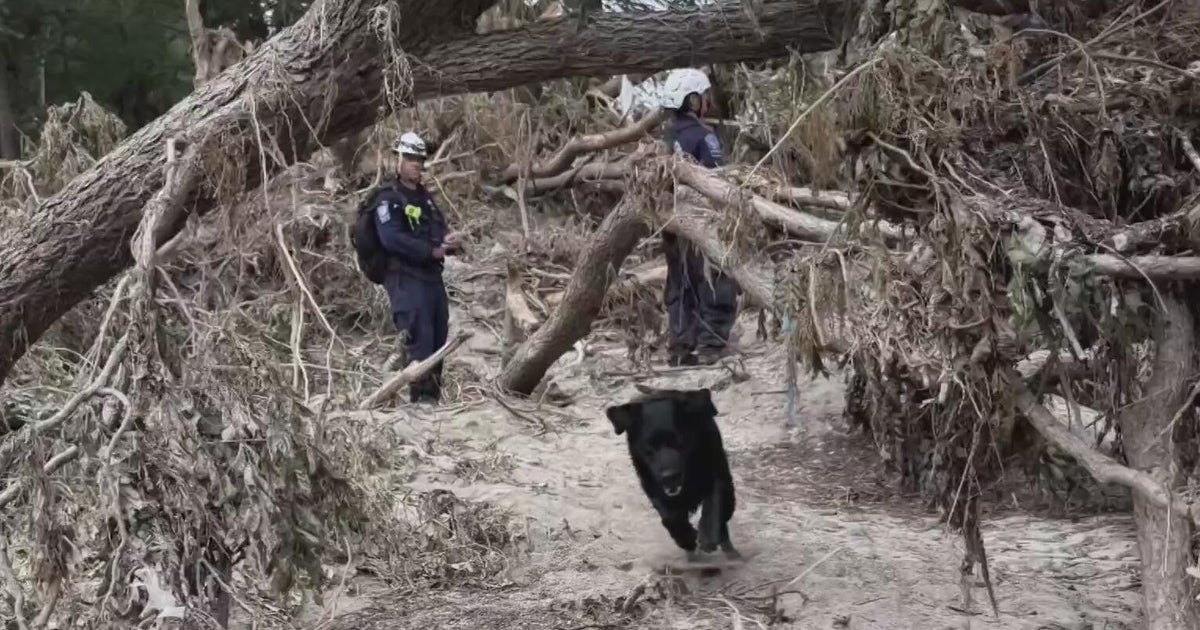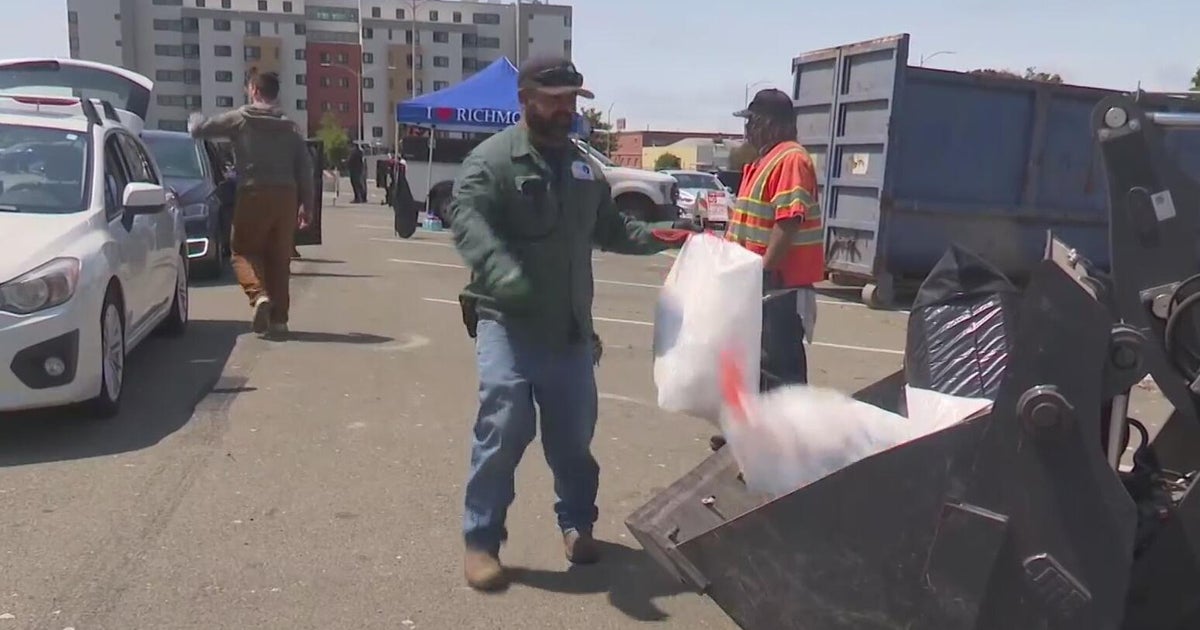Whistleblowers Claim Bay Area Air Quality Management District Improperly Disposed Of Records
SAN FRANCISCO (KPIX 5) -- The agency in charge of protecting the air in the Bay Area has long been criticized by local activists for protecting polluters instead. Now, two former employees say they believe they have new evidence to support that accusation.
When the Bay Area Air Quality Management District moved from Ellis Street to its new location on Beale Street in 2015, Michael Bachmann and Sarah Steele were assigned a huge task. They were asked to digitize 60 years of agency documents into a searchable database.
"Those records contained the historic data that showed the amount of pollution that came through, whether it was via train or via ship," said Steele.
But as they started moving everything to a storage facility in Richmond for sorting, workers helping reorganize the records noticed something peculiar.
"My staff reported to me that giant garbage bags full of flare reports were found in a garbage bin down in the garage," said Bachmann.
According to Bachmann and Steele, BAAQMD enforcement records -- mainly related to refineries -- were getting tossed, even though they say the district was required to keep them under its records retention policy.
"Those were files that we identified as notices of violation, executive communications to industry, complaints," explained Bachmann.
After they complained, the district's board adopted a new records retention policy that allowed for the documents to be destroyed. Then, they say another red flag came.
Shortly after collecting files out of Deputy Air Pollution Control Officer Wayne Kino's office that they thought should not be destroyed, they got a specific order about the paperwork.
"He [Kino] told me that he wanted those returned immediately; that those had to come back," said Bachmann.
The two say they returned the files, packed into 18 boxes. The documents included settlements with refineries over violations and thousands of citizen complaints. "I did not want to follow the instructions that Wayne Kino was giving us. It made no sense to me, why?" said Steele.
According to court documents, Kino told Steele he wanted the files returned to an unsecured storage area inside this garage at the back of the old air district building. And this is where the mystery thickens, because the district says two of those 18 boxes have now disappeared.
"They now know they've got a problem," said Gary Gwilliam, an attorney representing Bachmann and Steele in a lawsuit against the district that claims the two were fired in retaliation for refusing to destroy documents. He says as far as the boxes, his clients did as they were told and returned all 18.
"However, Kino and the district contended that they didn't deliver 18 boxes. They only delivered 16," said Gwilliam.
In an email, Kino claims "some of my records were not returned." But Bachmann and Steele have photos that they say they took when they returned the boxes, something that seemed to come as a surprise to Kino in his deposition.
After looking at the photo, he admitted that he had never seen box 17 and 18. When Gwilliam asked him if someone at the district took them, he replied that he didn't know.
"They didn't want these records properly recorded and digitized. They didn't want the public to know that the district in the past has been way too soft on these polluters," said Gwilliam.
The air district won't comment on a case in litigation. But activist Andres Soto told KPIX 5 he was not surprised.
"It actually confirms much of what we suspected," said Soto, a radio talk show host. Soto is an organizer for Communities for a Better Environment, an industry watchdog group that sued the air district in 2001 over destruction of documents.
A judge ordered the district "not to destroy any public records without first making an electronic reproduction."
"The failure to maintain records and destroy records means there is no historical record by which we can assess pollution trends, regulatory activity," said Soto.
Like other Bay Area environmentalists, he believes the district's top management has too many close ties to the refineries they are mandated to monitor.
"I grew up in Richmond, so I have seen where the money from these corporations has polluted our politics for generations," said Soto.
Gwilliam says he is still in the process of gathering discovery for the case. He says the air district has been dragging its feet turning over evidence. A judge recently agreed that was the case and ordered the air district to pay a $13,000 fine.




